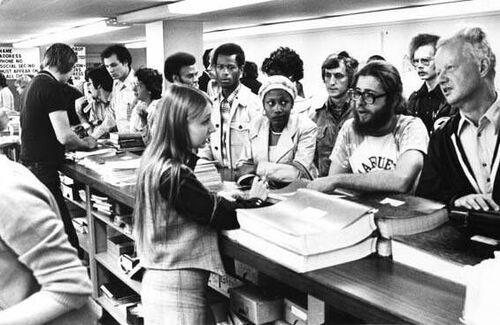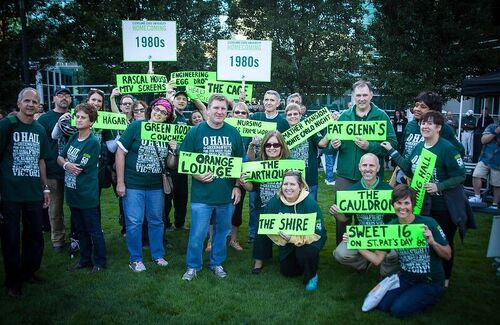Alumni News

Featured December 09, 2025
CSU Alumni Gift Guide
Check out these gift ideas for CSU alumni, just in time for the holiday season!

December 11, 2025
Top 5 stories of 2025
With 2025 coming to an end, let’s look back on this year’s top campus and Cleveland stories.

December 09, 2025
CSU Alumni Gift Guide
Check out these gift ideas for CSU alumni, just in time for the holiday season!

October 31, 2025
The Haunting of CSU
Urban legends or real life phenomena? We can't decide.

September 30, 2025
What We Learned from You: 2025 Alumni Survey
You spoke and we heard.

September 30, 2025
Lessons From a Mug Cake Mogul
The hard-earned wisdom Nina Lawless (MSOT '15) about starting and scaling a business.

August 29, 2025
In a Time Long Ago, Class Registration Looked Very Different
And Vikings lived to tell the tale.

August 29, 2025
That Time Superman Lived Across the Street from Campus
Turns out there are quite few campus connections to the silver (and small) screen.

August 28, 2025
Learn to Laugh at Yourself
Let's face it. We could use a little more levity in our lives. Times are tough. Alumnus and comedian Jim Tews offers his tips to turn your lemons into lemonade.

August 28, 2025
How Did We Become the Vikings?
Turns out, we can thank The Cleveland Press, Cleveland’s former daily newspaper, for leading the way.

June 30, 2025
The Overcomers
If there’s one thing that almost consistently defines a Viking, it's resilience. CSU students are a special breed, who work hard for everything they achieve.